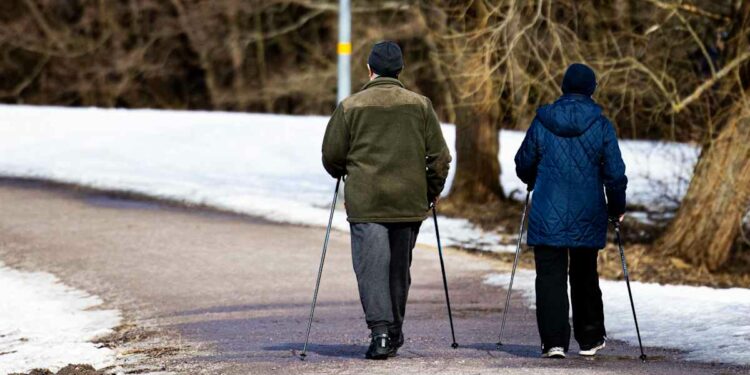Promoting Healthy Aging: The Impact of Lifestyle Counselling on Senior Health
Recent findings from the Institute for Health and Welfare (THL) reveal that personalized lifestyle counselling can significantly decrease senior citizens’ reliance on healthcare services. The relevant study, termed the Finger lifestyle intervention study, focused on individuals aged between 60 and 77 years, examining how targeted social and health care interventions influence well-being.
Structure of the Study
Over 1,200 participants were recruited for this research project. They were split into two distinct groups: one group received tailored lifestyle counselling over a two-year period while the control group continued with traditional healthcare services. The counselling comprised dietary recommendations, structured exercise sessions, memory enhancement activities, and rigorous tracking of cardiovascular health indicators. This comprehensive approach aimed to monitor healthcare service utilization over an extensive eight-year time frame.
Notable Findings
The results demonstrated a clear advantage for those engaged in lifestyle counselling—participants reported approximately six fewer days spent in hospitals compared to their peers who did not receive such guidance. Additionally, they made fewer emergency room visits throughout the study period. Financially speaking, costs associated with hospital stays and emergency care were about €4,000 lower for seniors who participated in these wellness initiatives versus those in the control group.
Jenni Kulmala—a prominent researcher at THL and gerontology expert at the University of Tampere—emphasized that adopting programs like Finger across various platforms could lead to significant reductions in expensive health service needs among older adults. “Our previous research has indicated numerous benefits from the Finger programme concerning cognitive health and functional abilities among seniors,” she noted regarding their overall quality of life improvements linked to decreased healthcare dependencies.
Future Implications
As Finland’s population ages—with around 1.3 million citizens aged over 65 at last count—the urgency for effective strategies becomes increasingly critical. THL posits that enhancing access to lifestyle guidance can play a pivotal role in sustaining well-being while simultaneously mitigating escalating healthcare expenses linked with aging demographics.
Despite its proven effectiveness, uptake of the Finger model remains limited; currently only slightly above half of Finland’s welfare counties utilize this program due to ongoing coordination challenges within eldercare management systems across regions.
as more people live longer lives enriched by improved lifestyles through programs like Finger intervention initiatives become essential—not just as enhancers of personal vitality but also as economic saviors within our growing aging population structure.






